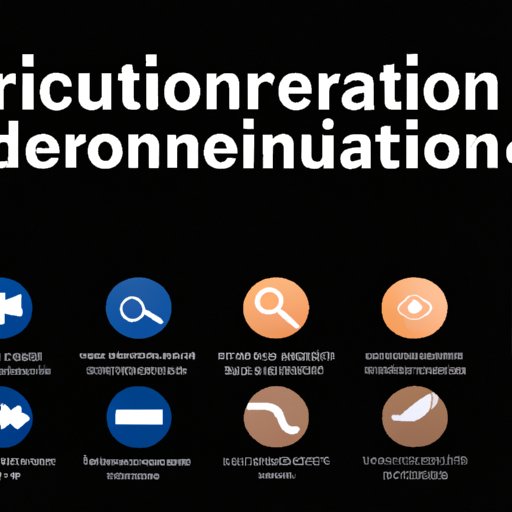Introduction
Remediation is the process of returning an environment to its original state after it has been contaminated by pollutants or hazardous materials. Starting a remediation business can be a lucrative venture, as there is often a need for these services in many areas. This article will provide an overview of the steps necessary to start a successful remediation business.

Outline the Steps to Starting a Remediation Business
The first step in starting a remediation business is to obtain the necessary licensing and certifications from the relevant government agency. Depending on the type of business you are setting up, this may require additional courses or training. Once you have obtained the required licenses and certifications, you can begin to look for suppliers who can provide the necessary equipment and supplies for your business.
Next, you will need to set up shop. This includes finding a suitable location for your business, purchasing or leasing any necessary equipment, and making sure that all safety regulations and standards are met. You may also need to hire employees to help with the day-to-day operations of the business.
Once you have established your business, you will need to market your services. This can be done through both online and offline methods, such as print advertising, attending industry events, and networking with potential clients.
Create a Business Plan
Creating a comprehensive business plan is essential for any new business venture. Your business plan should include your goals, strategies, and financial projections. It should also include a detailed outline of the services you plan to offer, how you plan to market your business, and what strategies you will use to attract and retain customers.
Identify Potential Clients
Identifying potential clients is key to the success of your business. There are a variety of potential clients, including homeowners, businesses, and government agencies. It is important to research these different types of clients to determine their needs and the best ways to reach them.
Once you have identified potential clients, you will need to develop a strategy for attracting them. This can include creating informative content, attending industry events, and leveraging relationships with existing clients. Additionally, you should consider offering discounts or special promotions to attract new customers.
Develop a Network of Vendors
In order to run a successful remediation business, you will need to build a network of reliable vendors. This includes finding vendors who can provide the necessary equipment and supplies, as well as those who can assist with other aspects of the business, such as marketing and customer service.
It is important to negotiate favorable contracts with your vendors. This includes ensuring that you get the best possible prices and terms. Additionally, you should make sure that your vendors are able to meet your deadlines and deliver quality products and services.
Establish Policies and Procedures
In order to ensure that your business runs smoothly and efficiently, you will need to establish policies and procedures. This includes outlining customer interactions, job completion standards, and employee training protocols. Additionally, you should create a system for tracking customer feedback and resolving any complaints.
Market Your Services
Once your business is up and running, you will need to market your services in order to attract and retain customers. This can be done through various methods, including online marketing, print advertising, and networking. Additionally, you should consider offering incentives and discounts to encourage potential customers to try your services.
Conclusion
Starting a remediation business can be a profitable venture, but it requires careful planning and preparation. To be successful, you must obtain the necessary licensing and certifications, find reliable suppliers and vendors, create a business plan, identify potential clients, establish policies and procedures, and market your services. With the right approach, you can successfully launch and grow your business.
(Note: Is this article not meeting your expectations? Do you have knowledge or insights to share? Unlock new opportunities and expand your reach by joining our authors team. Click Registration to join us and share your expertise with our readers.)
